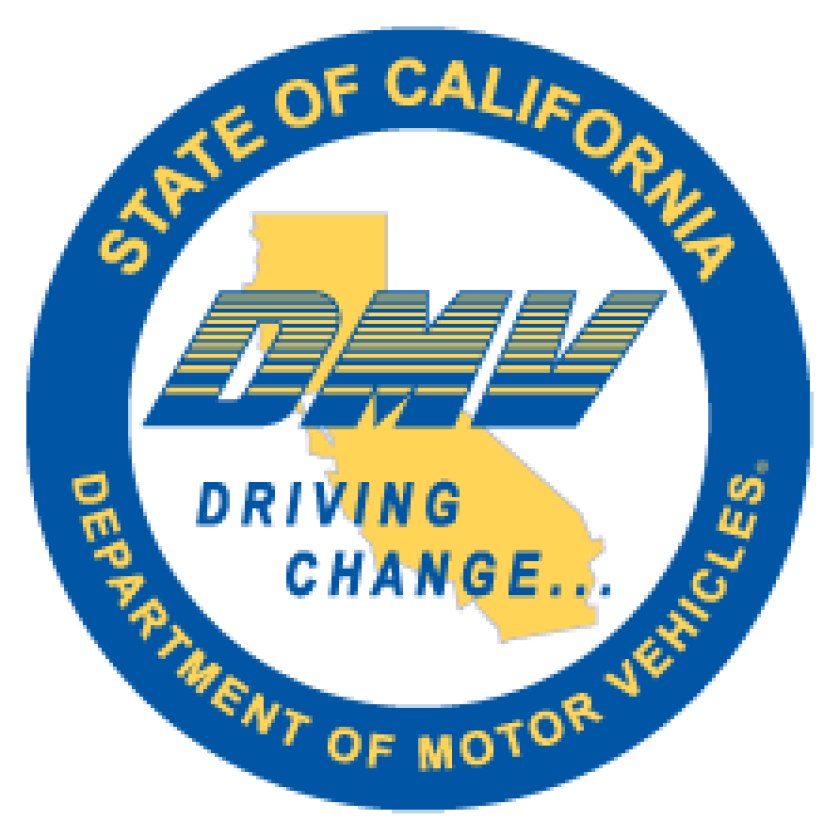
In a solicitation released Feb. 26, the California Department of Technology, on behalf of the Department of Motor Vehicles, seeks “to allow for a negotiation process that may identify different types of solutions to fulfill DMV’s business purpose, to further define the resulting contract and ensure the department receives the best value.” Here’s Part 1 and Part 2. Among the takeaways:
- CDT is using a three-phased approach in the solicitation process, it said; one that will “include multiple submissions and evaluations to determine the most qualified respondent to implement DMV’s Occupational Licensing (OL) program.” DMV’s OL Branch licenses and monitors occupations and businesses that relate to driving and vehicles including vehicle manufacturers, dealers, distributors, dismantlers; and traffic and driving schools. This will be just the first stage of DMV’s Digital eXperience Platform (DXP) Project; future project stages will include vehicle registration and drivers licensing, which will also be required to utilize the platform-as-a-service (PaaS) selected solution selected in the OL stage of the DXP. Solicitations for future stages will be issued separately and are “anticipated” to be released, per this solicitation, sometime in mid- to late 2021 or early 2022. The final awardee of the OL stage may participate in the DXP’s vehicle registration and drivers licensing stages.
- CDT seeks system integrators with “valid and verified partnerships with Salesforce, ServiceNow or Microsoft Dynamics” to respond to this solicitation. Via the solicitation, DMV hopes to engage in a “Proof of Technology (POT) procurement” with two vendors — “each supplying one of the three products listed below, to enable DMV to evaluate the best technology among the set.” Bidders should offer only one of the three DMV-selected PaaS brands for the Phase 2 POT engagement.” DMV believes these PaaS brands “offer a modern architecture” that fits its “standards and direction.” This way, DMV “expects to minimize operational silos of data, using modern, pre-built APIs and underlying data structures provided by the solutions.” At the end of the POT demo, and once a solution is chosen, DMV will “separately license the PaaS in order to fully define its workflow components, relying on its built-in functionality to address back-end concerns such as security, infrastructure and data integration.” The brand selected must have “pre-built modules and functionality” to use in its objectives, which include “a unified view of customer data, business intelligence/data mining capabilities, integration across modules,” as well as customization and modern interface capabilities.
“The final phase of this solicitation will involve negotiations between the State and the selected system integration Bidder and will result in a Contract for a full redesign of DMV’s OL systems,” per the solicitation. - DMV’s needs include a flexible and scalable platform that includes “software modules to replace a number of DMV legacy occupational licensing applications and provide workflow-based process optimization.” It also needs a centralized database and secure storage at a centralized location with a separate backup; a solution capable of secure data storage and transmission “secure, robust audit and tracking capabilities at the individual user level” as well as something that is compatible with department, state and federal architecture standards. The PaaS chosen will serve as the platform for the replacement of DMV’s legacy vehicle registration, control cashiering and drivers licensing legacy systems; these legacy systems deliver services and information to governmental entities including law enforcement and the courts.
- Major systems that support DMV’s OL include core systems architecture, designed in the late 1970s, and which does not scale and is no longer supportable. The DMV Automation (DMVA) system was deployed in 1983, having been developed using the IBM Event-Driven Executive OS. The CDT Data Center hosts DMVA in an AIX environment. DMVA is “the primary processing platform” for Auto Clubs, DMV field offices and headquarters; and the business partner automation program. DMVA’s control cashiering function is “instrumental” in collecting revenue; DMV takes in more than $7 billion in annual revenue via vehicle registration, drivers licensing, OL and other programs.
- The contract value is not stated; however, the vendor selected to deliver the occupational licensing aspect of this project will have 12 months to do so, with the option of one 12-month extension by the state. Questions and reservations for a virtual bidders’ conference are due by 2 p.m. Friday; the conference will be at 11 a.m. March 19. Responses to this solicitation are due by 2 p.m. April 2 and will be evaluated April 5-9. Bidders will be notified April 13 whether they’ve been selected to move on to the second phase, the Proof of Technology, April 14-May 12. Phase 2 submissions are due by 2 p.m. May 13; notices of invitation to negotiate in the third phase will be released June 1. Negotiations are slated for June 2-9, with the release of a notice to award July 23. The contract start date is July 26.




